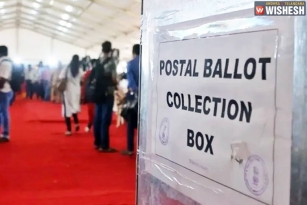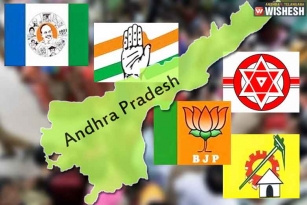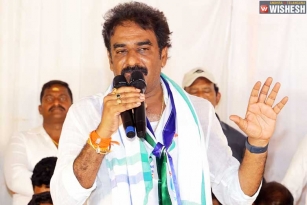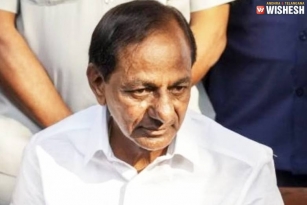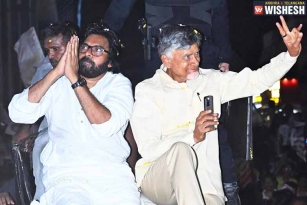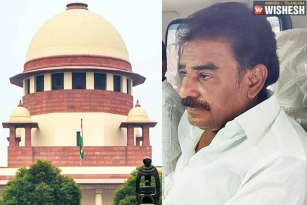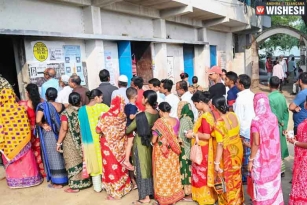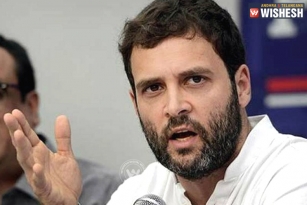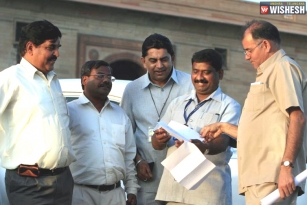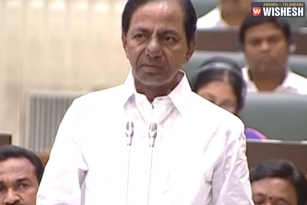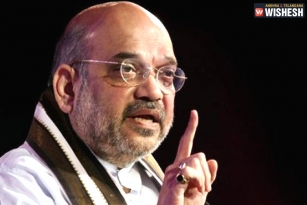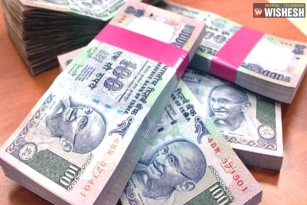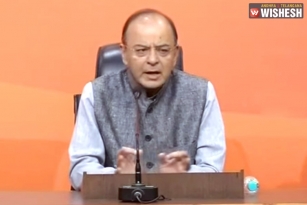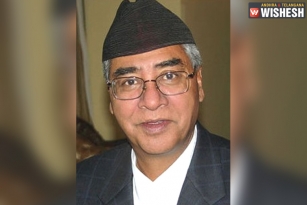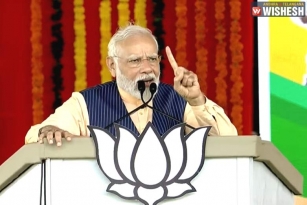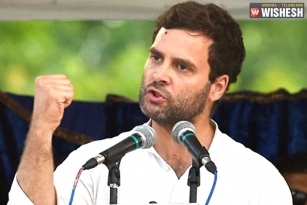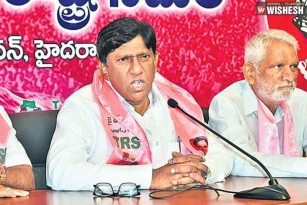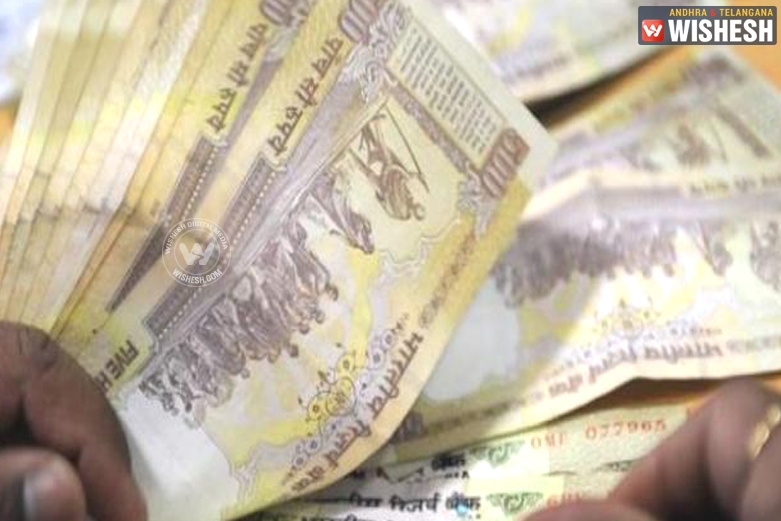
Prime Minister Narendra Modi announced that the exchange of old notes of Rs.500 and Rs.1000 with new ones has been stopped from November 25.
"YOU cannot exchange Rs 500 and Rs 1,000 notes from tomorrow." This was the announcement given by PM. But there has been a confusion because of the different statement variations from the Finance Ministry which was given on Nov 8. On Nov 11 another statement came from RBI in a form of press release. So, people are quiet confused.
Prime Minister Narendra Modi said, “From 10th November till 24th November the limit for such exchange (of old notes) will be four thousand rupees. From 25th November to 30th December, the limit will be increased.”
But the government on Thursday announced some other thing. It said "the exchange of old 500 and 1,000 rupee notes would no longer be allowed. …there will be no over the counter exchange of old Rs 500 and Rs 1,000 notes after midnight of 24.11.2016."
When Prime Minister declared demonetization of the higher denomination notes, on rthe same day the Finance Ministry said in a statement, “The limit of Rs 4,000 for exchanging Old High Denomination Bank Notes at bank branches or at issue offices of Reserve Bank of India will be reviewed after 15 days and appropriate notification issued, as may be necessary.”
But three days later, the Reserve Bank of India, changed the Prime Minister’s assurance. In a press release on November 11, it said, “The facility for exchanging the withdrawn denominations of Rs 500 and Rs 1000 is available for nearly 50 days. The Reserve Bank appeals to members of the public to be patient and urges them to exchange their old notes at their convenience, anytime before December 30, 2016.”
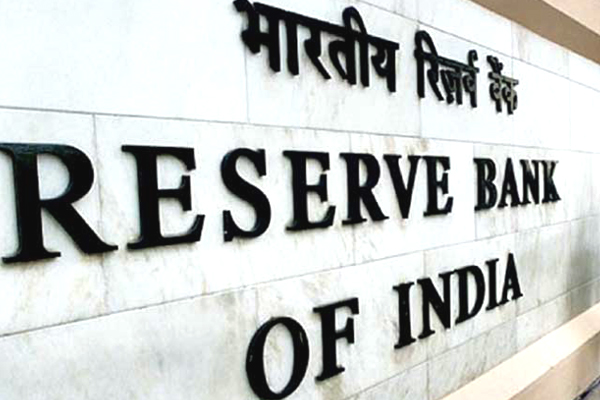
So, the government and the RBI have done many discussions on just the exchange of notes. The limit was also hiked from Rs. 4000 to Rs. 4500 on Nov 13.
As day by the queues of exchanging notes was increasing, the government came up with the new technique. The government asked banks to put ink on right index finger so that no person comes again and again for the exchange of notes. But it looks like the idea got flopped as people are able to erase the ink and come and stand again the queue.
"Four days later, it cut the limit to Rs 2,000. This led to drastic reduction in a number of notes exchanged, to just Rs 300 crore per day in this week, from the daily average of Rs 3667 crore between November 10 and November 18", government sources said.
After Prime Minister Narendra Modi's announcement, the finance ministry justified the move stating there was a declining trend of such over-the-counter exchange of notes.
“It has been felt that people may be encouraged and facilitated to deposit their old Rs 500 and Rs 1,000 notes in their bank accounts,” the ministry said in a statement. The statement further added that "this would encourage people who are still unbanked, to open new bank accounts.”
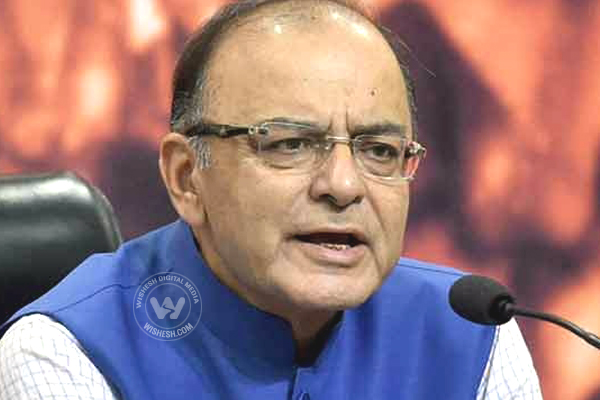
For time being, Finance Minister Arun Jaitley asked bankers to add digitisation and electronic transactions in order to ease the cash crunch.
The finance ministry also announced that people are allowed to pay school fees by using old Rs 500 notes till Rs 2000 per student in government schools and colleges.
People who want to purchase from consumer cooperative stores can spend up to Rs 5000 for a one-time purchase. Foreigners who came to visit India or for any work are allowed to exchange foreign currency up to Rs 5000 per week. People need not pay any national toll plazas since December 2, the government said "old Rs 500 notes can be used from December 3 until December 15."
"Meanwhile, in order to ease the cash crunch, the government set up a task force to expand digital banking and to significantly increase the number of POS (Point of Sale) machines from 14 lakh at present," Jaitley said after a video conference was conducted with the heads of state-owned and private sector banks.
"Any shrinkage in currency should be substituted and increased through digital means to ensure that economy and trade continue to expand," he said.
“One of the principal objectives of the government’s reform with regard to the currency that has been undertaken (is) that physical currency must shrink. (But) the economy has to expand and the trade has to expand and therefore what shrinks have to be substituted and further expanded by digitisation,” Jaitley said.
The task force will also promote digitisation which will be headed by Anil Kumar Khachi, Additional Secretary in the Department of Financial Services.
Also Read: Parliament Winter Session to Start Today
BY M. DIVYA SRI



